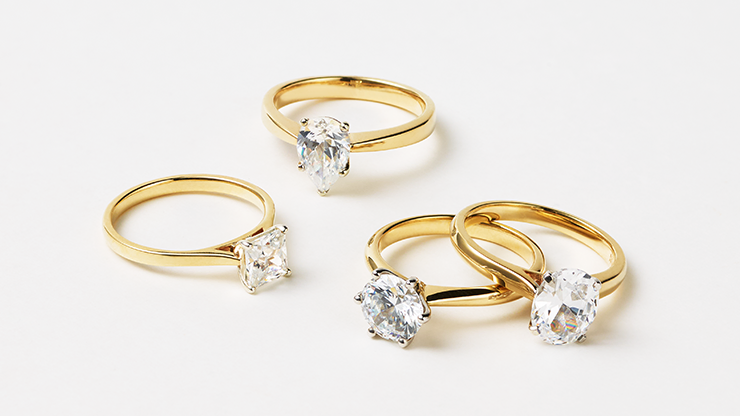
Introduction to Lab Diamonds
In recent years, lab diamonds have emerged as a revolutionary alternative to naturally mined diamonds. These diamonds, also known as synthetic diamonds or man-made diamonds, are created in controlled laboratory environments that replicate the extreme pressure and temperature conditions where natural diamonds form. This process results in diamonds that are chemically, physically, and optically identical to mined diamonds, but with several distinct advantages.
Advantages of Lab Diamonds
1. Ethical and Environmental Benefits
Lab diamonds are celebrated for their ethical superiority. Unlike mined diamonds, which often come with ethical concerns related to human rights abuses and environmental degradation, lab diamonds are produced sustainably and ethically. This ensures that consumers can enjoy the beauty of diamonds without contributing to harmful mining practices or conflict zones.
2. Quality and Purity
One of the key advantages of lab diamonds is their exceptional quality and purity. These diamonds are grown under stringent conditions that allow for precise control over their growth lab created diamonds, resulting in fewer impurities and defects compared to many mined diamonds. This superior quality not only enhances their brilliance and sparkle but also ensures durability and longevity.
3. Variety and Customization
Lab diamonds offer a remarkable range of options in terms of colors and sizes. While traditional diamonds are limited by natural constraints, lab-grown diamonds can be created in a spectrum of colors, including fancy colors such as vivid blues and pinks, which are rare in natural diamonds. This variety allows consumers to find a diamond that perfectly matches their preferences and style.
Misconceptions about Lab Diamonds
Despite their numerous advantages, lab diamonds have sometimes been subject to misconceptions that deserve clarification:
1. Cost Misconceptions
While it’s true that lab diamonds were once significantly cheaper than their natural counterparts, advances in technology and growing demand have narrowed this price gap. However, lab diamonds still typically offer better value for money due to their ethical benefits and comparable quality.
2. Durability Concerns
Some consumers worry that lab diamonds may be less durable than natural diamonds. In reality, lab diamonds exhibit the same hardness and durability as natural diamonds because they share the same crystal structure and chemical composition. They are equally suitable for everyday wear and can be passed down through generations as heirlooms.
Applications of Lab Diamonds
1. Jewelry
The most common use of lab diamonds are the future is in jewelry. From engagement rings to earrings and necklaces, lab diamonds offer endless possibilities for creating stunning pieces of jewelry that captivate with their brilliance and beauty. Jewelry designers and consumers alike appreciate the ethical peace of mind that comes with choosing lab-grown diamonds.
2. Industrial Uses
Beyond jewelry, lab diamonds are increasingly finding applications in various industries. Their hardness and thermal conductivity make them valuable materials for cutting tools, optical windows, and even in electronics for their semiconductor properties. The versatility of lab diamonds positions them as a material of choice across multiple sectors.
Conclusion
In conclusion, lab diamonds represent the future of the diamond industry, offering unparalleled advantages in ethics, quality, and versatility. As technology continues to advance, so too will the capabilities of lab-grown diamonds, ensuring that they remain at the forefront of innovation and sustainability in the luxury goods market.







